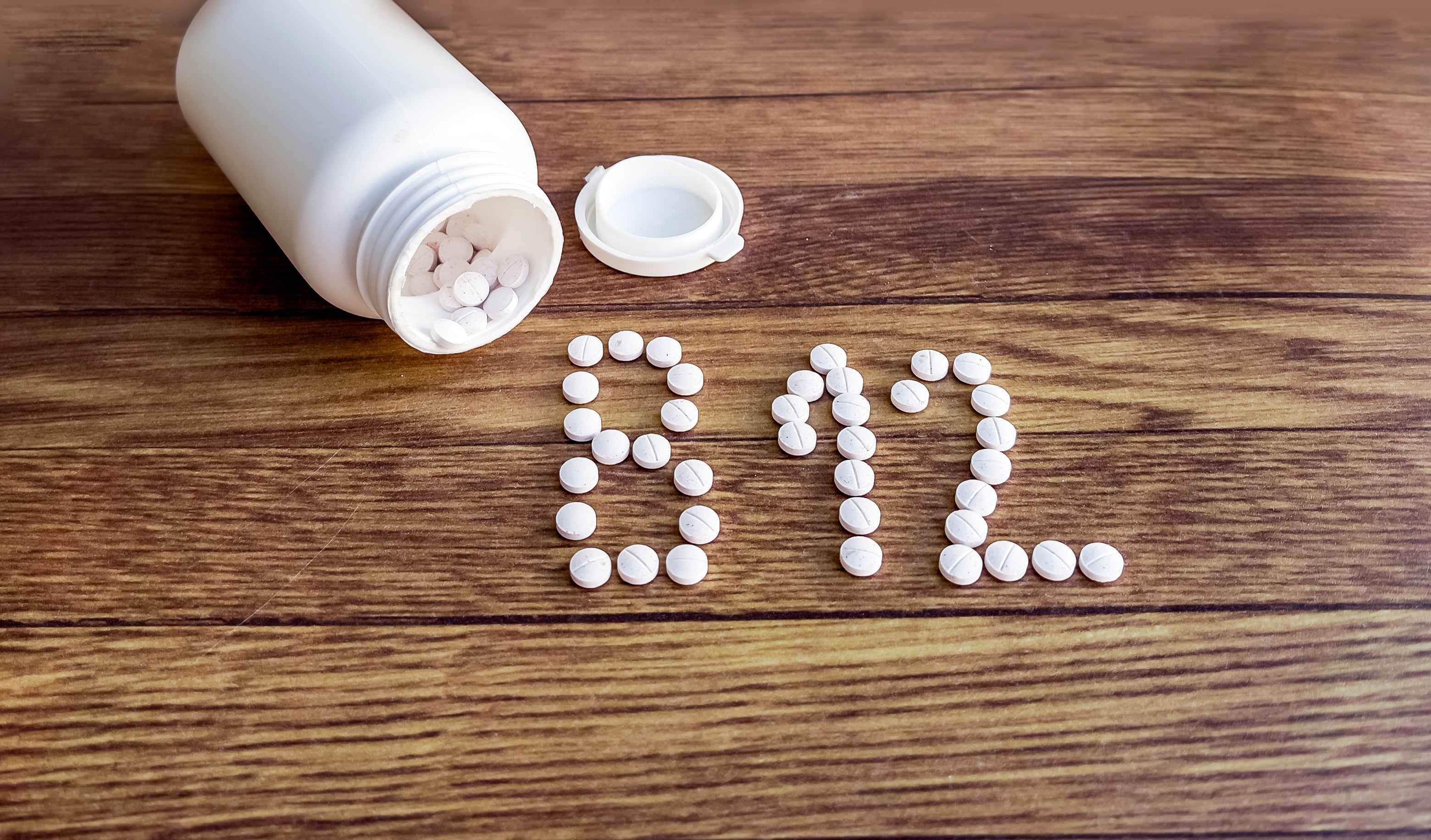While the results show a lower failure rate than other tests by NOW of expensive supplement categories, the difficulty associated with analyzing this vitamin B12 form underscores the need for more robust testing and quality control measures, the company said.
Methyl B12 (methylcobalamin) is a highly bioavailable form of vitamin B12. Other common forms include cyanocobalamin and adenosylcobalamin (dibencozide). Plants are not a source of vitamin B12 so most vegetarians and vegans require supplementation.
NOW chose to focus on Methyl B12 supplements for this round of testing—its 20th round in its award-winning quality testing program—because of the high cost of the ingredient and the potential failure of its potency label claim.
Vitamin B12 testing poses challenges because of the analyte’s instability and the range of different matrices and dosage forms found in the market. According to NOW, Methyl B12 is preferred for solid dose supplements due to its stability and immediate usability by the body, while cyanocobalamin is more stable in liquid forms but requires conversion to an active form within the body.
Of the 25 Methyl B12 products tested in this new round, which included two products from NOW, seven were in the lozenge form, six were tablet products, five were in vegetable capsules, three were liquids, two were gummies, one was a tab and one was a soft gel.
For previous rounds of testing, NOW worked with third-party labs to cross-reference the results. Katie Banaszewski, senior director of quality at NOW, told NutraIngredients that while the company did send samples to a respected third-party lab, the results “were so inconsistent that it didn’t make sense to share them.”
“That was why NOW is calling on the technical side of the industry to collaborate on test methods that can be consistently reproduced for this material,” she added.
Methods and results
Using High-Performance Liquid Chromatography (HPLC) at NOW’s laboratories and following a validated method aligned with the USP monograph for methylcobalamin, NOW reported that both of its products tested the label claim at 140% and 114%. “This is due to intentional overages to ensure full potency at best by date,” the company explained.
Of the 23 other brands tested, 11 exceeded their label claim, with six testing over 120%. Twelve brands tested below 100%, with three showing potency between 90% and 100%. Three brands were found to contain 0% to 1% potency.
Commenting on the results, Banaszewski said: “B12’s recent price decline allows for higher formulation overages to account for degradation, making it less sensible to cut corners. Products made with expensive ingredients like SAM-e risk failing label claims due to economic motivations.”
The company noted that the liquid and gummy forms were less stable and harder to analyze accurately compared to tablets and capsules.
“Testing Vitamin B-12 is inherently challenging due to the instability of methylcobalamin and the difficulty in obtaining consistent results across various matrices and dosage forms,” the company stated in a press release.
“Contract laboratories often struggle with maintaining standard stability and accurate analyte recovery, contributing to the variability observed in this study. Our internal data highlight the industry’s need for more robust testing methods and quality control measures.”
For a full list of the brands tested and the reported results, please click HERE.
Amazon was contacted for comment but did not respond prior to publication.
Testing
This is the company’s 20th round of product policing since it initiated its testing program in 2017 to evaluate lesser-known brands sold online. All rounds to date have raised concerns tied to issues such as potency, labeling, contamination, adulteration and heavy metals across product categories.
NOW’s ongoing efforts to publicize quality concerns about supplements purchased on Amazon were recognized by NutraIngredients-USA with the 2021 NutraIngredients-USA Award for Industry Initiative of the Year.

